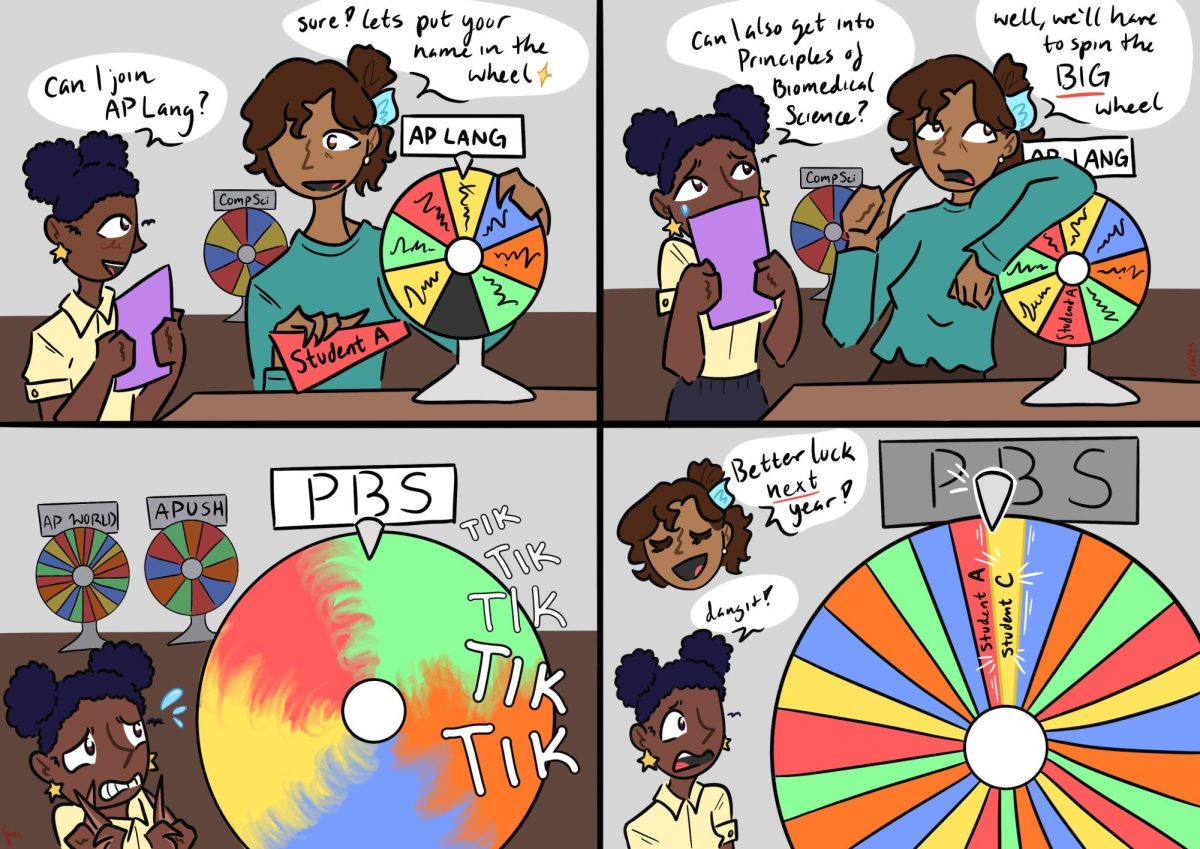Emily Jones
Staff Writer
The City of San Jose’s ban on the convenient yet environmentally detrimental objects that we know as plastic grocery bags took effect Jan. 1, and should now serve as a model for a similar law that could be enacted by the City of San Ramon.
San Jose’s ban officially prohibits the use of all plastic bags distributed at businesses, including both grocery and retail stores. Plastic bags from grocery store produce sections are exempt from this law.
With the ban, shoppers are required to bring in their own reusable bags, or purchase paper bags for 10 cents each.
At first, shoppers may not see the impact they are making in cooperating with the prohibition. But the significance would be far-reaching if implemented in surrounding cities, such as San Ramon, because of benefits it could bring not only locally but globally.
For one, the process of producing plastic bags requires a glut of oil, according to the U.S. Energy Information Administration.
Much of this oil comes from “petro-dictatorships,” governments with non-democratic regimes who manipulate their wealth from oil profits to suppress their citizens and fund terrorist groups, according to Thomas Friedman’s book, “Hot, Flat, and Crowded.”
By purchasing imported oil, we are supporting these states in their suppression of freedom.
The energy and oil wasted in the process of creating plastic bags could be used for other things, such as heating homes, or not be used at all.
With the sharp strain on the world’s resources today, and as further projected for the future, such savings could alleviate the pressures in years to come, as well as not release harmful pollutants to the atmosphere.
A ban on plastic bags would reduce the trash found on the side of the freeway and on beaches. It costs California $25 million per year to clean this up. With this ban, this money could be used toward a reusable-bag distribution program, or alternative energy research.
Many plastic bags also find their way into the ocean, which has many negative consequences. Over the last few decades, so many plastic bags have gone into the ocean that they gathered into the Great Pacific Garbage Patch, basically a continent of suspended plastic twice the size of Texas, in the middle of the Pacific Ocean.
Here, plastic bags are often mistaken for jellyfish by turtles and other marine organisms, who, after eating them, find their digestive systems blocked.
If not blown directly into the ocean, plastic bags will spend the estimated 500-1,000 years of their remaining life disintigrating in landfills.
Although many people claim they will recycle their plastic bags, only 1 percent of bags nationwide end up being recycled, according to the Clean Air Council.
As for the one percent that does get recycled, the cost is prohitively high. The process uses a lot of energy, and comes to about $4,000 per ton of bags recycled, according to the Clean Air Council.
So, it is not about solving the problem through recycling, but through reducing and eliminating their use.
If the City of San Ramon were to enforce a ban on plastic bags similar to that of San Jose, not only would the number of bags tarring the environment be drastically reduced, but it would further encourage other cities to follow suit and implement a ban.
It is imperative that San Ramon enact a law to prohibit the use of toxic, pernicious plastic bags in order to show support for a cleaner, more environmentally-sustainable world.


